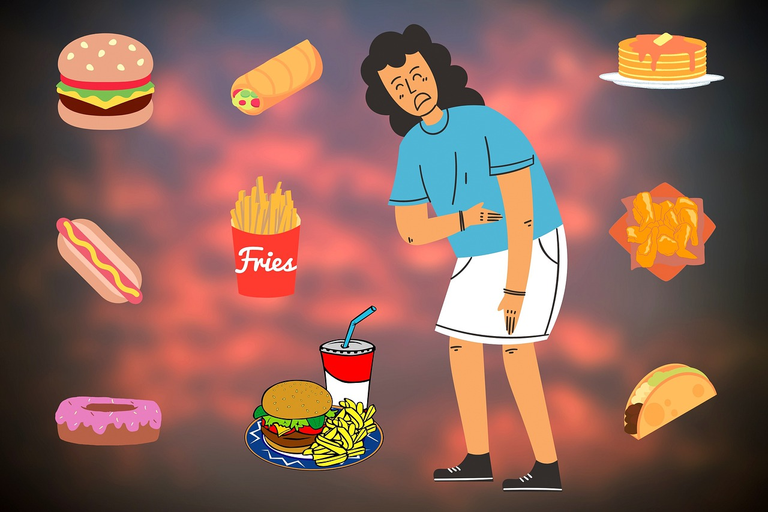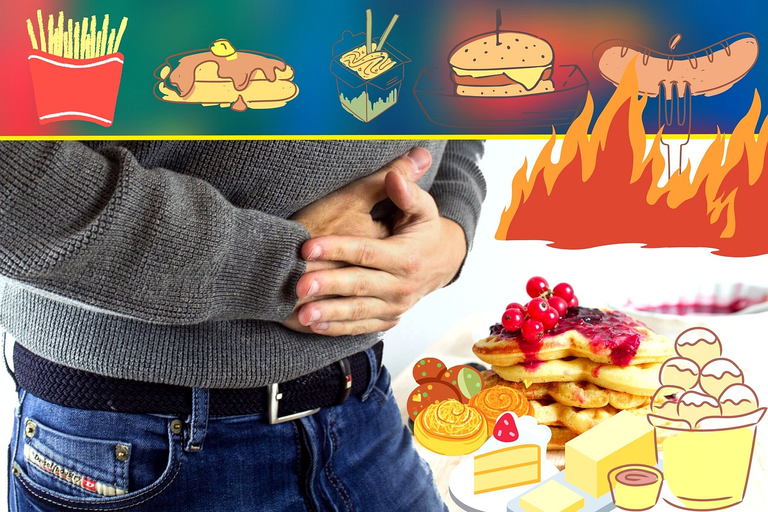How to Avoid Food Poisoning
Food poisoning, also known as foodborne illness, occurs when you consume contaminated food or beverages. It can cause a range of symptoms, from mild discomfort to severe illness, and it's often preventable with proper food safety practices. Here are some tips to help you avoid food poisoning:
1. Wash Your Hands
Always wash your hands thoroughly with soap and water before handling food, especially after using the restroom, touching raw meat, poultry, or seafood, and handling pets.

2. Keep Your Kitchen Clean
Regularly clean and sanitize kitchen surfaces, utensils, and cutting boards to prevent cross-contamination. Wash fruits and vegetables thoroughly before eating or cooking them.

3. Cook Food Thoroughly
Cook food, especially meat, poultry, seafood, and eggs, to the appropriate internal temperature to kill harmful bacteria. Use a food thermometer to ensure proper cooking temperatures are reached.
4. Store Food Safely
Refrigerate perishable foods promptly and store them at the correct temperature to slow the growth of bacteria. Follow storage guidelines for leftovers and avoid consuming food that has been left out at room temperature for more than two hours.
5. Be Mindful of Expiry Dates
Check expiration dates on food products and avoid consuming anything that is past its expiration date. Pay attention to the freshness of perishable items, and discard any food that looks or smells suspicious.

6. Avoid Cross-Contamination
Keep raw meat, poultry, seafood, and their juices away from ready-to-eat foods to prevent cross-contamination. Use separate cutting boards and utensils for raw and cooked foods, and wash your hands after handling raw ingredients.

7. Be Cautious with Buffets and Potlucks
Exercise caution when eating at buffets or potlucks, where food may be left out for extended periods. Choose hot foods that are steaming hot and cold foods that are properly chilled, and avoid dishes that appear undercooked or improperly stored.

8. Stay Hydrated
Drink plenty of water throughout the day to stay hydrated, especially during hot weather or when engaging in physical activity. Proper hydration can help support your body's natural defenses against foodborne pathogens.
9. Be Aware of High-Risk Foods
Be cautious when consuming high-risk foods such as raw or undercooked meat, poultry, seafood, unpasteurized dairy products, and raw sprouts. These foods are more likely to harbor harmful bacteria and should be handled and prepared with care.
10. Trust Your Instincts
If something smells, looks, or tastes off, trust your instincts and avoid eating it. When in doubt, throw it out. It's better to be safe than sorry when it comes to food safety.
By following these tips and practicing good food safety habits, you can reduce your risk of food poisoning and enjoy meals that are both delicious and safe.
